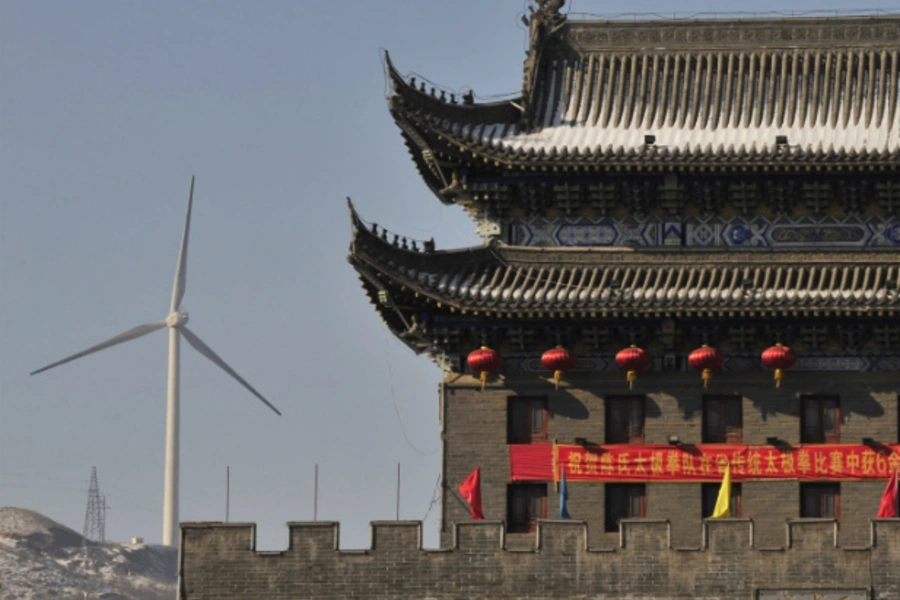Global Agenda: Uphold U.S. Leadership On Climate Change

This blog post is part of a series entitled Global Agenda, in which experts will identify major global challenges facing President-Elect Trump, the options available to him, and what is at stake for the United States and its partners. This following post is authored by Varun Sivaram, Douglas Dillon fellow and acting director of the Program on Energy Security and Climate Change at the Council on Foreign Relations, and his research associate Sagatom Saha.
Although the United States is poised to take a victory lap to show off a string of achievements, President-Elect Donald J. Trump appears intent on dismantling its leadership role on climate change. He vows to “cancel” the Paris Agreement and reverse the United States’ own climate commitments. But yielding its seat at the table at future climate talks will likely do America no good, as we argue this morning in Foreign Affairs.
If the Trump administration keeps those promises, China will probably step into the leadership vacuum left by the United States. At first glance, that might seem like good news, since China is the world’s largest emitter of greenhouse gases, leads the world in the production and deployment of clean energy, and will probably meet the international climate-action pledges it has made so far.The trouble is that China would lead on climate-change issues only insofar as doing so would advance its national interests. Some of those interests, such as China’s desire to cultivate foreign markets for clean energy exports and curb domestic air pollution, line up with combatting climate change. Others, such as the incentives the country faces to export coal power plants abroad, could get in the way of reducing emissions. In some cases, it is unclear where China’s interests lie—for example, whether it wants to promote or stunt breakthrough innovations in clean-energy technologies. Still, one thing is certain: ceding climate leadership to China would be disastrous for the United States, whose diplomatic standing and position in the race to supply the world’s clean-energy needs would fall precipitously as a result.
Although empowering China doesn’t seem to be on President Trump’s agenda, it will be an unintended effect if walks away from the fight against climate change.
Read “The Trouble With Ceding Climate Leadership to China” by Varun Sivaram and Sagatom Saha in Foreign Affairs.
 Online Store
Online Store